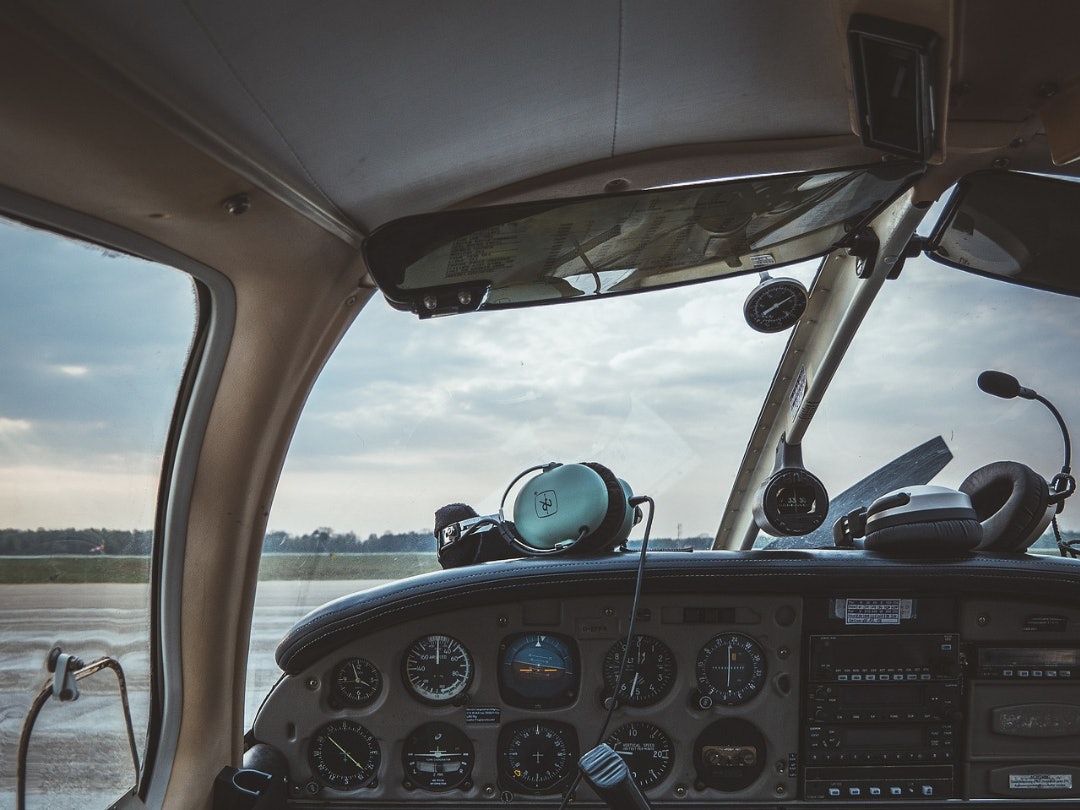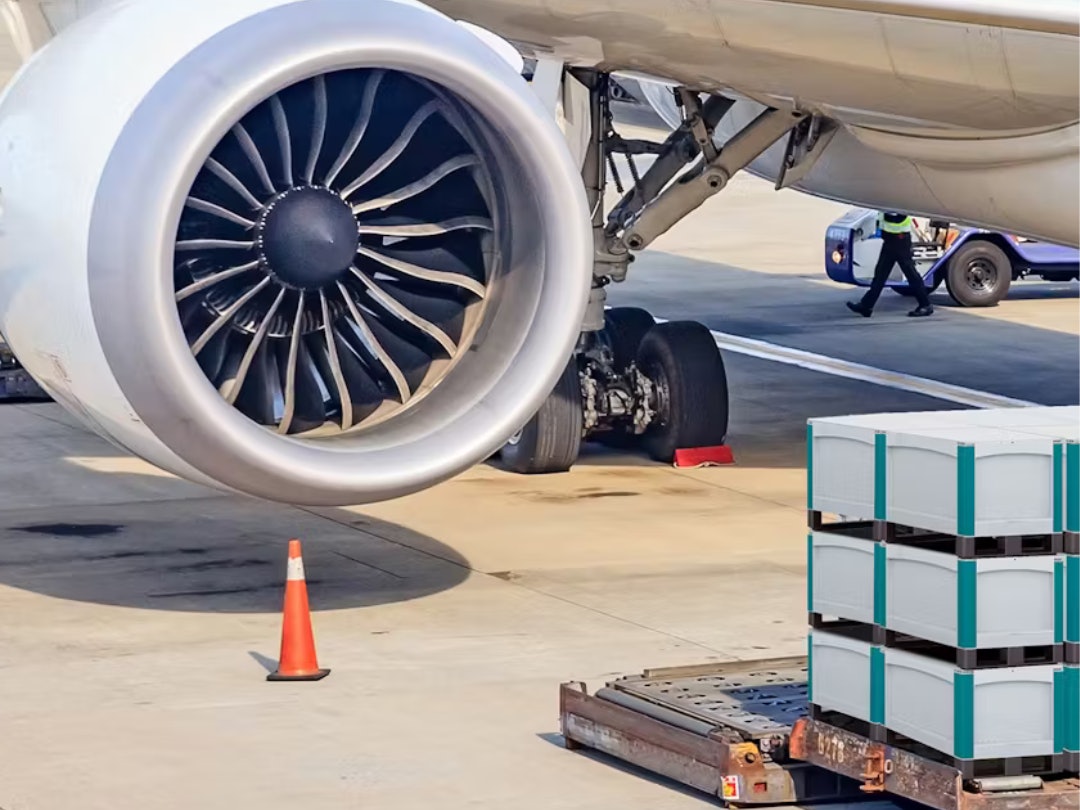Insights into the aviation industry
A wide range of players and their role in aviation

The aviation industry encompasses the development, manufacturing, maintenance and operation of aircraft, as well as the transportation of passengers and goods. Its stakeholders include airlines, airports, aircraft manufacturers, suppliers and maintenance service providers, which operate in both the commercial and private and freight sectors.
German excellence in manufacturing and global connectivity
Germany plays a key role in the global aviation industry. In addition to manufacturing aircraft and engines, the German aviation sector offers maintenance and logistics services that are exported worldwide, while at the same time importing important technologies and components.
Technological and societal trends are shaping the industry
Technological innovations such as artificial intelligence (AI), automation and blockchain are fundamentally changing business models and processes in aviation. AI supports the predictive maintenance of aircraft and optimises operational procedures, while blockchain ensures greater transparency in supply chains.
Innovations for sustainable and future-proof aviation
At the same time, sustainability and climate protection are coming into focus. The growing demand for more environmentally friendly aircraft and alternative fuels such as hydrogen is driving innovation. Autonomous flying and drones are expanding the range of services in the industry and ensuring that efficiency and safety are continuously improved.
Trends in the aviation industry
The airline industry is facing various challenges, including increasing regulation, growing fuel costs, changes in passenger behaviour and increasing demands for sustainability.
Change in passenger demand
Passengers are increasingly looking for sustainable and environmentally friendly travel options. The demand for green flight options, such as CO₂ compensation programmes or flights with lower emissions, is continuously increasing. Additionally, passengers expect personalised travel experiences, from tailored offers to personalised in-flight services. Comfort and flexibility are becoming increasingly important, leading to a growing demand for new service offerings such as premium economy classes and advanced in-flight entertainment.
Transparency and sustainability
Similar to other industries, air travellers also want to know how their travel impacts the environment. Transparency regarding the environmental footprint of each flight and the efforts of airlines to reduce it are becoming increasingly important. One key trend is the use of sustainable aviation fuels, which can significantly reduce CO₂ emissions. Airlines and manufacturers are also investing in the development of electric and hydrogen aircraft to minimise the environmental footprint.
Digitalisation and automation
Digitalisation is permeating the aviation industry at all levels, from booking and check-in to maintenance and security. Artificial intelligence (AI) is being used for the predictive maintenance of aircraft to reduce downtime and maximise operational efficiency. Automated passenger systems such as biometric check-in and contactless boarding speed up the flight process and improve efficiency. Automation is also increasingly being used in logistics to optimise freight handling and plan routes more efficiently.
Use of AI
AI is revolutionising the aviation industry, both operationally and in customer service. AI-based systems optimise flight routes, save fuel and reduce delays. At the same time, AI improves the passenger experience by providing personalised travel suggestions and optimising check-in and boarding processes. In addition, AI helps to improve security monitoring by identifying potential threats at an early stage and reducing response times.
Changes in logistics
The increasing demand for cargo flight services and the growth in e-commerce are creating new challenges for air cargo logistics. Efficient warehousing, fast handling and punctual delivery are becoming more and more important. In addition, logistics chains must be adapted to the requirements of temperature-sensitive goods such as medicines and food. The use of automation, robotics and advanced storage systems increases the efficiency and accuracy of freight logistics.
Logistics requirements
Logistical challenges and solutions in the aviation industry

The aerospace industry places high demands on logistics, particularly in the areas of precision, safety and efficiency. A key challenge is the rapid availability of spare parts to minimise downtime. Just-in-time deliveries and the handling of sensitive aircraft components such as engines and electronics play a crucial role here.
Specialised storage and transport systems are essential to meet these requirements. Flexible warehouse processes must be adapted to the dynamic requirements of the aviation industry. Space-saving Heavy-Duty Racks and Cantilever Racks optimise storage capacity, while sensitive parts are safely stored in our BITO containers.
Automated picking systems, including pick-by-light and RFID-based solutions, increase efficiency and ensure seamless tracking of all aircraft parts. Modern conveyor belts and flexible transport systems are used for safe and fast transport.
BITO offers customised storage solutions that are tailored to the needs of the aviation industry in this demanding environment. These include Heavy-Duty Racks, multi-tier shelvingfor optimal space utilisation, and specialised containers for the safe transport and storage of sensitive components. Thanks to modular systems that can be flexibly adapted, BITO can respond to the individual requirements of airports and maintenance companies.
